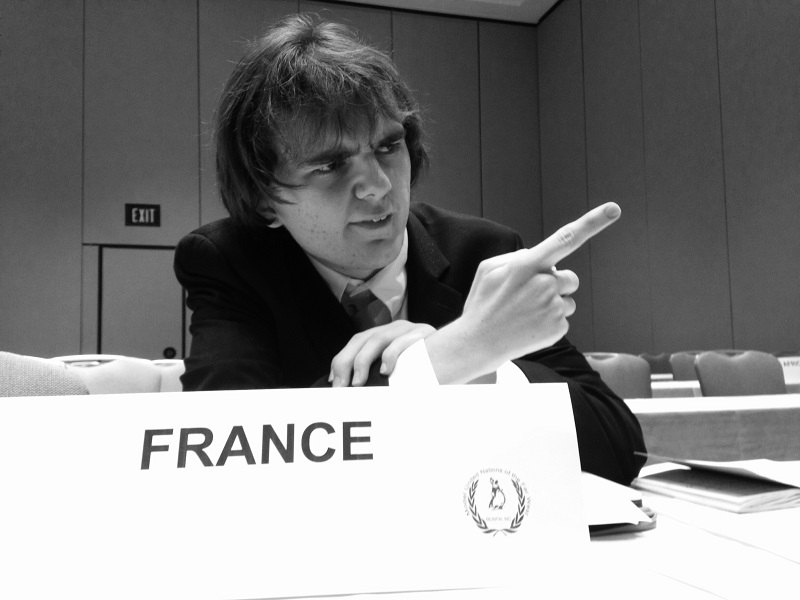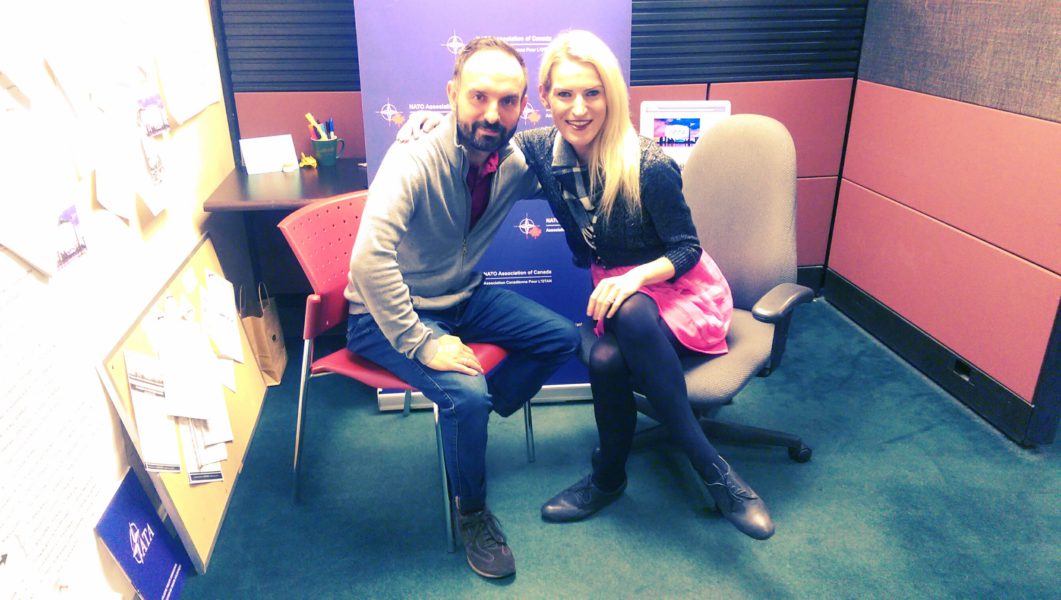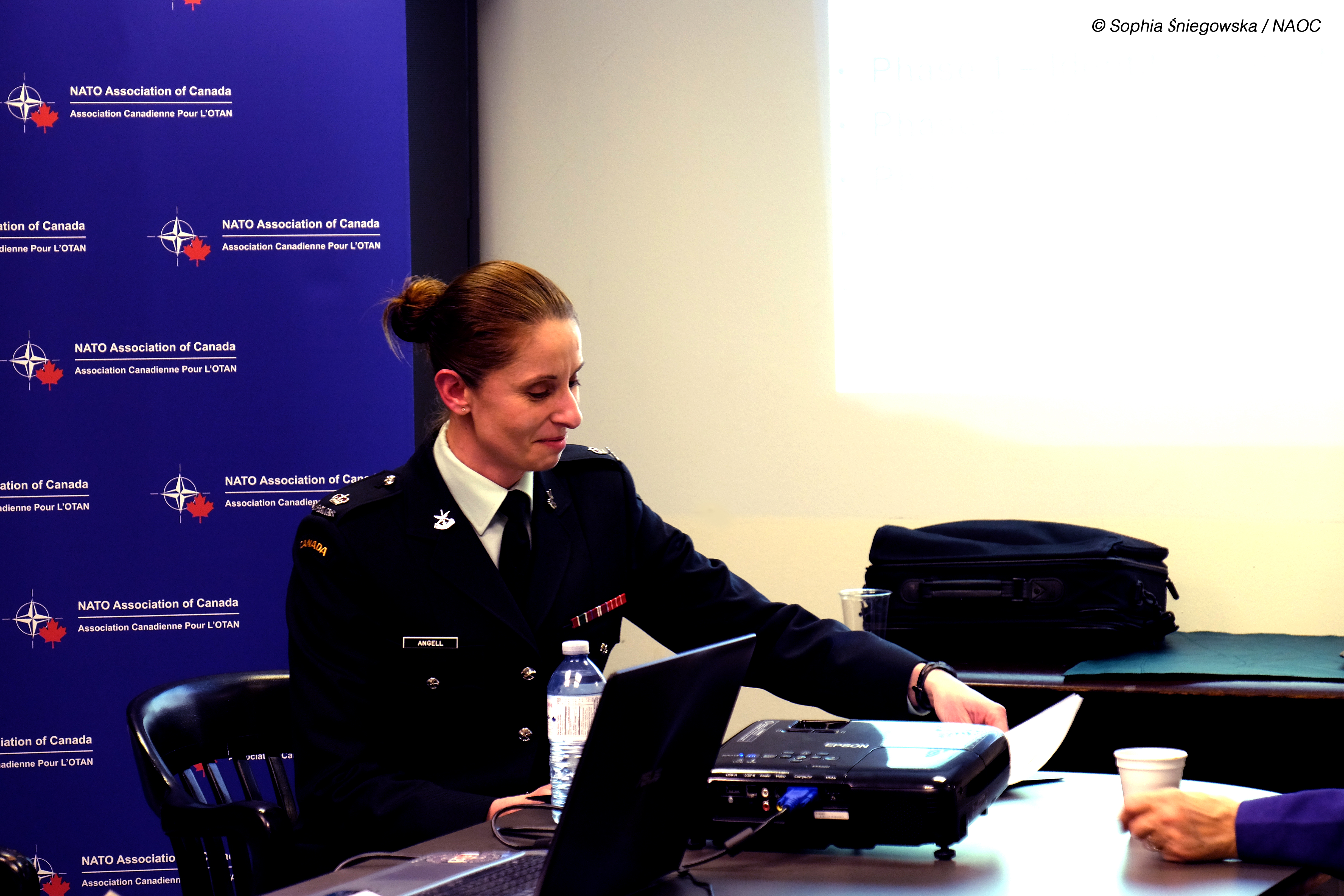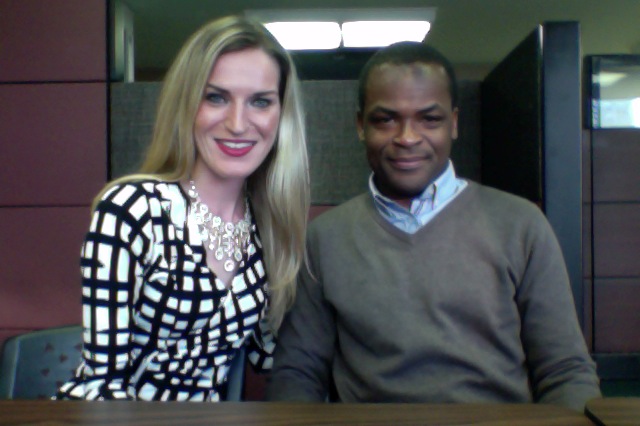This is the third installment of an ongoing series on creating a DIY IR “degree” through free Massive Open Online Courses (MOOCs) and academic resources. Building on the foundational materials in Part 1 and the regional concentrations in Part 2, this part will suggest thematic concentrations in particularly salient issues in international relations.
War and Conflict
War and conflict is the bread and butter of many IR specialists. Thankfully, there are many MOOCs that deal with this field. Learners could establish a theoretical understanding of what war is by enrolling in Princeton University’s Paradoxes of War (starts October 3), which explain the impact of warfare on individuals and societies on psychological, cultural, historical, and political levels. Military Ethics: an Introduction (start date TBA) explores some of the ethical dilemmas that military leaders and political leaders may encounter in the field, like Just War theory and war crimes. Religion and Conflict (start October 3) further elaborates the dimensions of warfare by drawing out the role of religion, not only in causing international conflicts but also in promoting reconciliation and peace.
With terrorist attacks and conflicts dominating the headlines, terrorism is one of the most pressing spheres of conflict to study. In Terrorism and Counterterrorism: Comparing Theory and Practice (starts September 19), Dutch counterterrorism expert Edwin Bakker outlines the latest academic theories of terrorism, and compares common assumptions about terrorism to empirical research. Learners can then take Duke University’s Responding to 9/11: Counterterrorism Policy in the 21st Century (starts September 16) for a deeper study of American counterterrorism policies in the War on Terror.
For those hoping to anticipate where the future of conflict is headed, From State Control to Remote Control: Warfare in the 21st Century (start date TBA) probes the mechanization and privatization of warfare, such as the ethics of drone warfare, or the implications of using private military companies to replace national armies in combat. International Cyber Conflicts (starts September 12) looks at the global politics and governance of cyberspace. Who are the actors governing the Internet, how are they governing it, and can the Internet be brought under state control?
International Governance, Law, and Human Rights
Another aspect IR deals with is international institutions and humanitarianism. Begin the international governance module with Saylor Academy’s reader on International Organizations, which will lay out the basic vocabulary and theories in this field, as well as introduce numerous relevant organizations. Contemporary Issues in Ocean Governance (starts mid-October) places oceans—the central theatre of our globalized system—in the spotlight by examining how and by whom international bodies of water are regulated and secured.
Recently, there has been a proliferation of MOOCs on international law, which is extremely beneficial for those considering a career in law since they can get a head start in understanding not only legal issues and procedures, but also in understanding what is required of them as lawyers.
Universiteit Leiden’s law school introduces the functions of the main international courts—the International Court of Justice, the International Criminal Court, and the Permanent Court of Arbitration—in International Law in Action: A Guide to the International Courts and Tribunals in The Hague (starts September 26).
Other courses take a more applications-based approach to teaching international law. The second part of International Law in Action (starts September 2016) deals with how international courts prosecute international crimes. Introduction to International Criminal Law (starts October 3) puts learners in the shoes of international lawyers through discussing court and trial procedures in depth and practicing through simulations of court cases.
For a more advanced level of instruction and content, learners may want to audit the Université catholique de Louvain’s masters-level courses on international law (starts January 10, 2017), which will run the law gamut from human rights to international investment.
Australia’s Curtin University is releasing a new series (starts January 31, 2017) on human rights philosophy, development, and activism. Amnesty International’s course on refugee human rights (starts November 16) applies human rights to an ongoing crisis.
Global economics
Beyond the introductory module’s foundational macroeconomics courses, learners can expand their knowledge of basic economics by learning microeconomics (starts October 3) and more macroeconomics (started September 14). Of course, learning a little game theory can provide further insights into important concepts in conflict and cooperation, such as equilibrium and rationality; the University of Tokyo offers an introductory, qualitatively-taught course for beginners (starts October 17).
In terms of international economic institutions and policy, Public Economics (starts November 7) and Understanding Economic Policymaking (starts September 26) are introductory courses that look at how governments develop policies for their domestic economic institutions. Sciences Po’s Politics and Economics of International Energy (starts October 17) brings economics together with geopolitics by exploring how energy sources and trade, from oil to shale gas to nuclear energy, affects international politics and organizations.
IR learners should also be familiar with contemporary economic history. On the one hand, The Korean Economic Development (starts October 3) tells the success story of how South Korea managed to industrialize and prosper in the six decades since it became independent from Japan in 1945. On the other, Economics of Transition and Emerging Markets (starts October 17) shines light on the difficult economic transition and liberalization that Eurasian post-communist countries, Arab world, Sub-Saharan Africa and Latin America underwent in the 1980s and 1990s. The conclusions of both courses all converge on the 2008 financial crisis. Let former US Secretary of the Treasury Timothy Geithner cap off economic history by giving an insider’s perspective on The Global Financial Crisis (starts October 10).
For business-oriented students, Analyzing Global Trends for Business and Society (start date TBA) and International Business Environment and Global Strategy (starts September 29) provide a more practical approach to the intersection of world issues and business management.
(This is the third part of a multi-part series on creating an IR curriculum through MOOCs. The final part will focus on languages and advanced diplomacy.)
“MUNFW Action!” (2016), by Morgz via Flickr. Licensed under CC BY 2.0.
Disclaimer: Any views or opinions expressed in articles are solely those of the authors and do not necessarily represent the views of the NATO Association of Canada.




